Visual learning enhancement Math Worksheets for Ages 3-4
6 filtered results
-
From - To
Boost your child's mathematical skills with our Visual Learning Enhancement Math Worksheets for Ages 3-4! These engaging worksheets are designed to make learning fun and interactive, catering specifically to young learners. With vibrant visuals and relatable themes, children can easily connect mathematical concepts with real-world contexts. Our worksheets focus on essential skills, including counting, number recognition, and basic addition through captivating activities. These resources stimulate visual learning, helping kids absorb information quickly and effectively. Perfect for homeschooling or supplemental learning, our worksheets foster confidence and a love for math from an early age. Start your child's learning journey today!
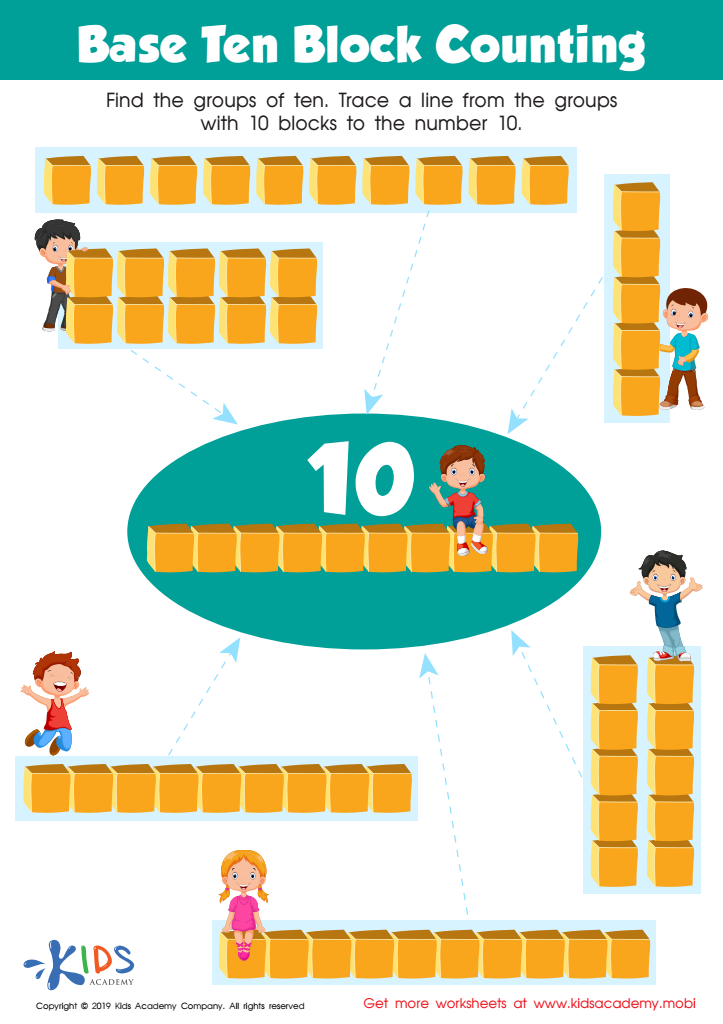

Base Ten Block Counting Worksheet
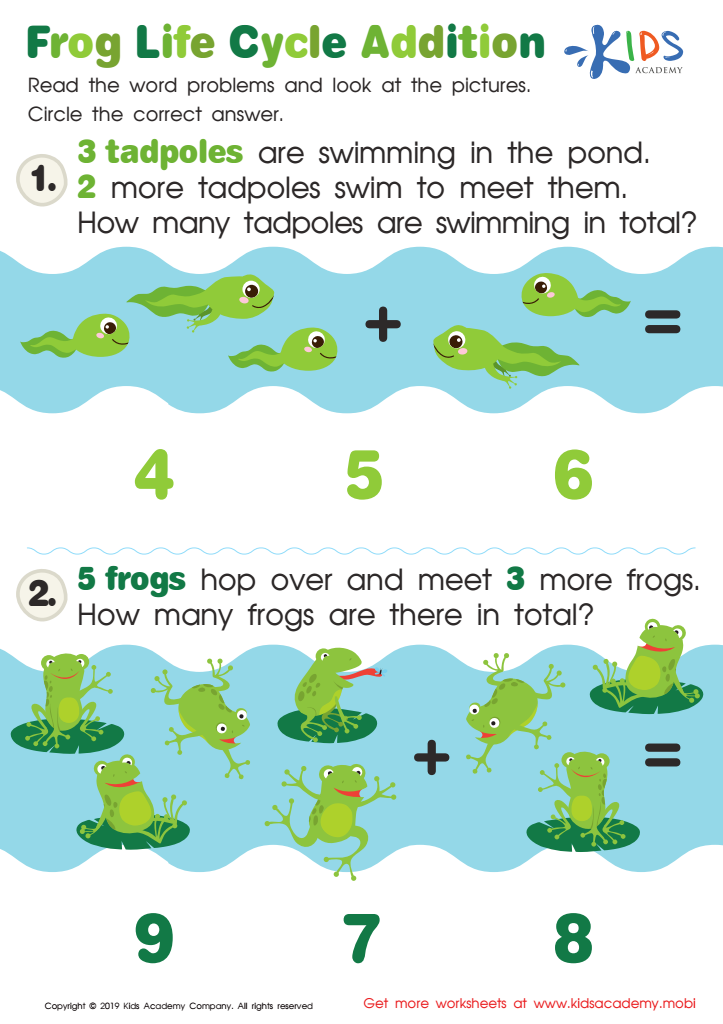

Frog Life Cycle Addition Worksheet
Visual learning enhancement in math for ages 3-4 is vital for several reasons. At this developmental stage, children are naturally curious and eager to explore concepts in engaging ways. Utilizing visual aids such as pictures, shapes, colors, and hands-on activities helps to simplify complex ideas, making math more approachable and enjoyable. This age group tends to process information better through visuals, supporting better retention and understanding of foundational concepts, such as counting and patterns.
Moreover, early math skills are predictive of future success in academic settings. By integrating visual learning strategies, parents and teachers can foster a positive attitude towards math, reducing anxiety and building confidence. This early encouragement helps lay the groundwork for problem-solving skills and critical thinking in later years.
Visual learning also supports diverse learners, accommodating various learning styles and ensuring that all children have equitable opportunities to grasp mathematical concepts. Additionally, it stimulates greater engagement during lessons, creating a fun and interactive learning environment that fosters collaboration and communication among peers. By prioritizing visual learning enhancements in early math education, parents and teachers can significantly impact a child’s mathematical journey, setting the stage for lifelong learning and achievement.
 Assign to My Students
Assign to My Students

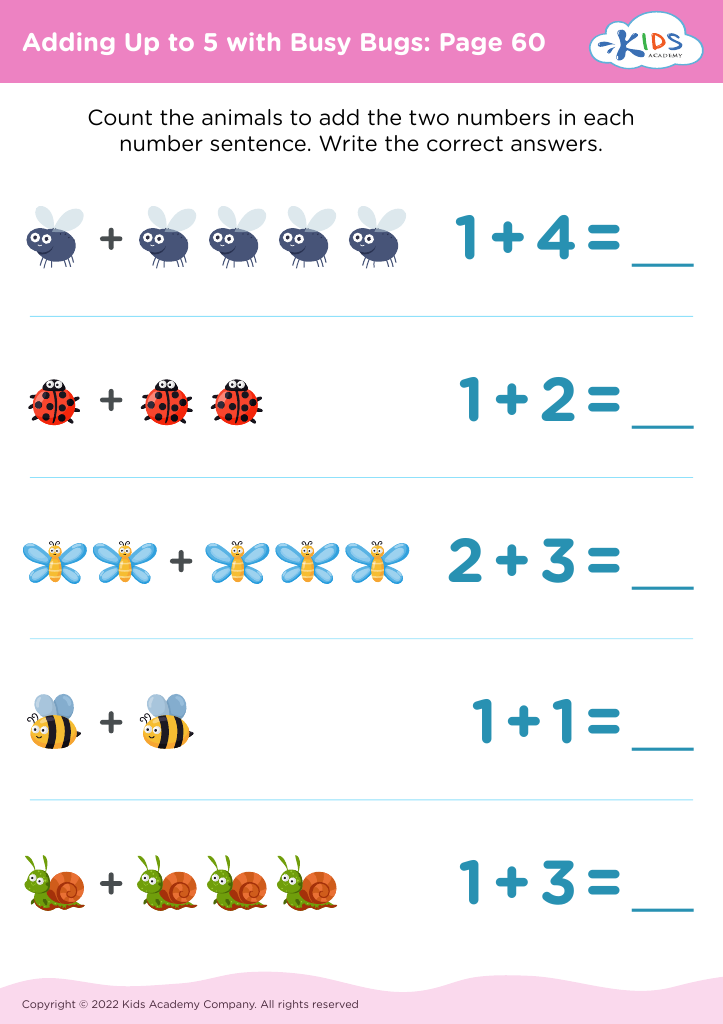
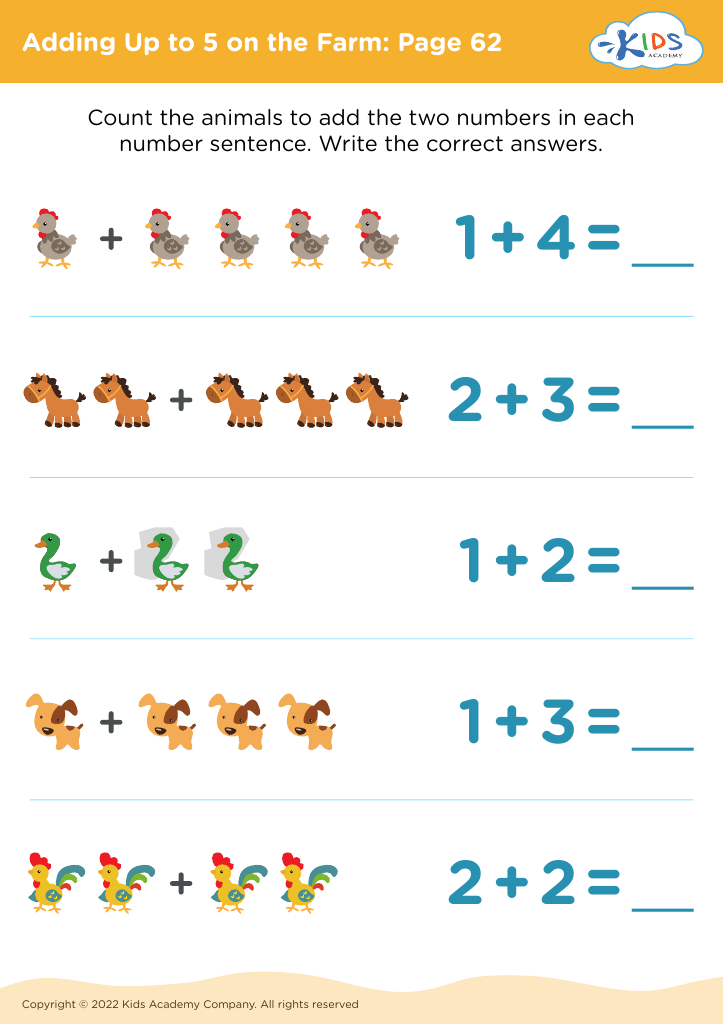
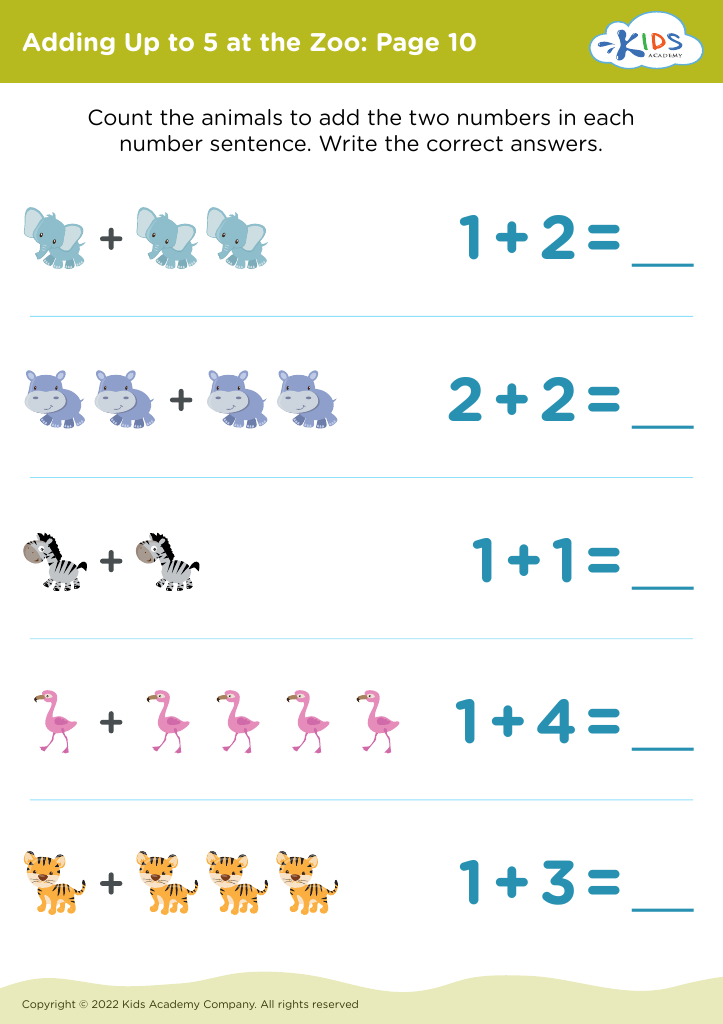

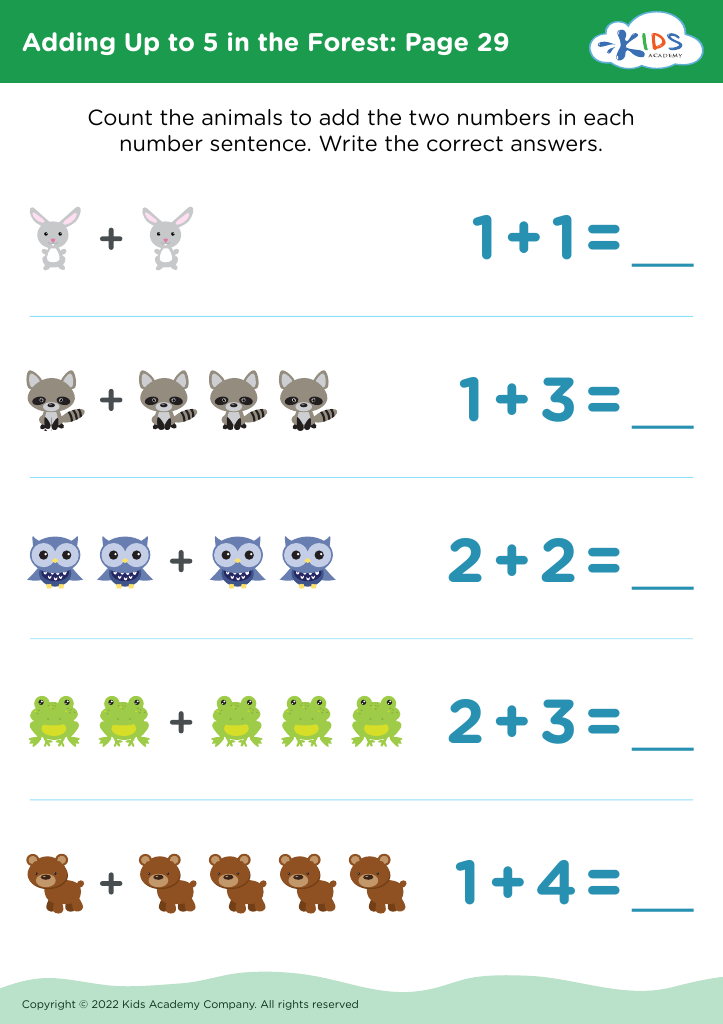





.jpg)














